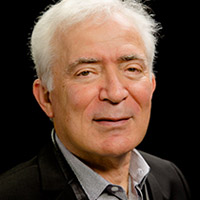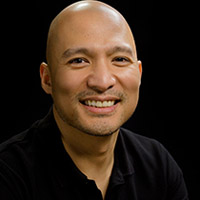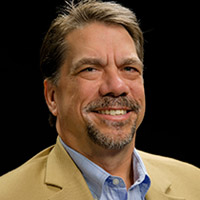Accountability in Four Easy Steps

Source: Partner Insights
The following includes excerpts, reproduced with permission, from an article by Marty Stanley, president of Dynamic Dialog, Inc.
Accountability hasn’t been considered the “next big idea” because it’s not “flashy.” There are no “bragging rights” about implementing an accountability process. After all, accountability means people would need to change, rather than a system or process that needs to change. And who wants to be accountable if it means having to personally change?
On the other hand we’ve seen what happens when there’s no accountability for leading people or processes: The dot-com bust, Enron, Katrina, FEMA…Scandals everywhere: Politics, religion, sports…Bernie Madoff, bailouts and industries collapsing…Product recalls, contaminated foods, greed, waste and excess.
Here are four easy steps to holding people accountable:
- Use job descriptions as the basis for hiring or promoting people into a position.
- Share the job description with incumbents so they know their accountabilities and let them know this will be used for training, coaching, and performance feedback.
- Have objective ways to measure and monitor performance and communicate those methods to the people performing the jobs. Follow through by providing feedback about performance.
- Provide training and coaching opportunities to enhance performance.
Building a Jewelry Company | Stephen Silver
About Stephen Silver Stephen Silver Fine Jewelry is considered one of the United States’ premier jewelry houses. Founder, Stephen Silver, is a gemologist, artist, and philanthropist. Toronto born, Stephen moved to the San Francisco Bay Area as a teenager. Intrigued by science and minerals from a young age, Silver studied geology at San Diego…
Rising from Rubble to Build an Empire | Jerry Brenholtz
About Jerry Brenholtz Jerry Brenholz co-founded ATR International, Inc. in 1988. He has been instrumental in developing ATR into an important provider of contract staffing for Information Technology. In his current role, he is responsible for establishing a corporate-wide vision and defining strategic direction. Prior to ATR, Jerry held various technical positions with General…
Serial Entrepreneur | Aldo Carrascoso
About Aldo Carrascoso Aldo Carrascosois the Founder and COO / CTO of Veem, a company that utilizes Blockchain to allow individuals to make cross border payments in local currencies. The company was conceptualized by Aldo when learned that individuals making cross border payments were having to pay up to 25% of the transfer amount…
Turning Tragedy into Positive Experiences | Gerald Carroll
About Gerald Carroll Gerald Carroll is a partner with Burnham Brown law firm in their Oakland office. He specializes in Construction and Professional Liability Law. Prior to coming to Burnham Brown, Jerry along with his partner ran their own law practice, Hartman and Carroll for 20 years. Jerry graduated with honors in English from…




